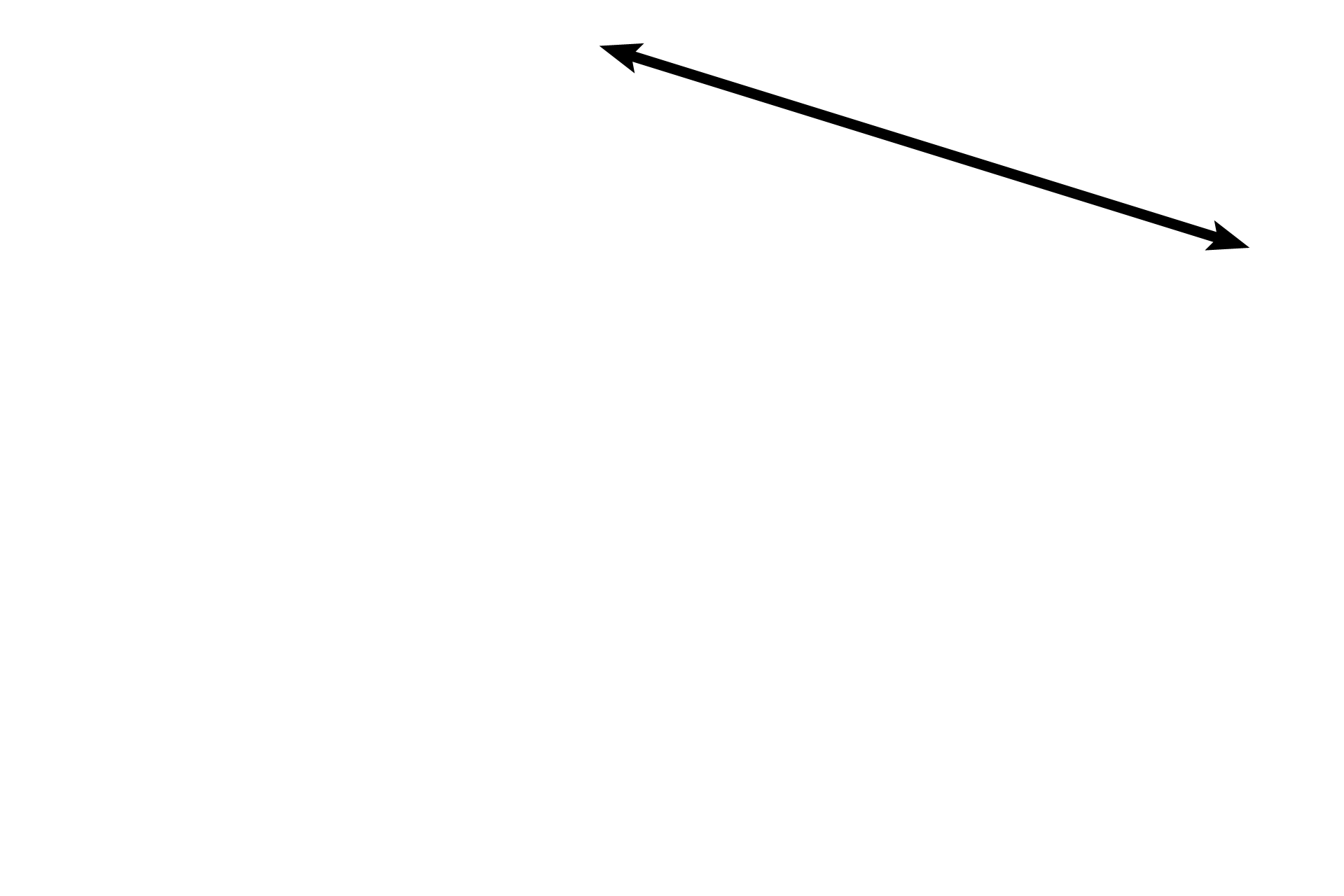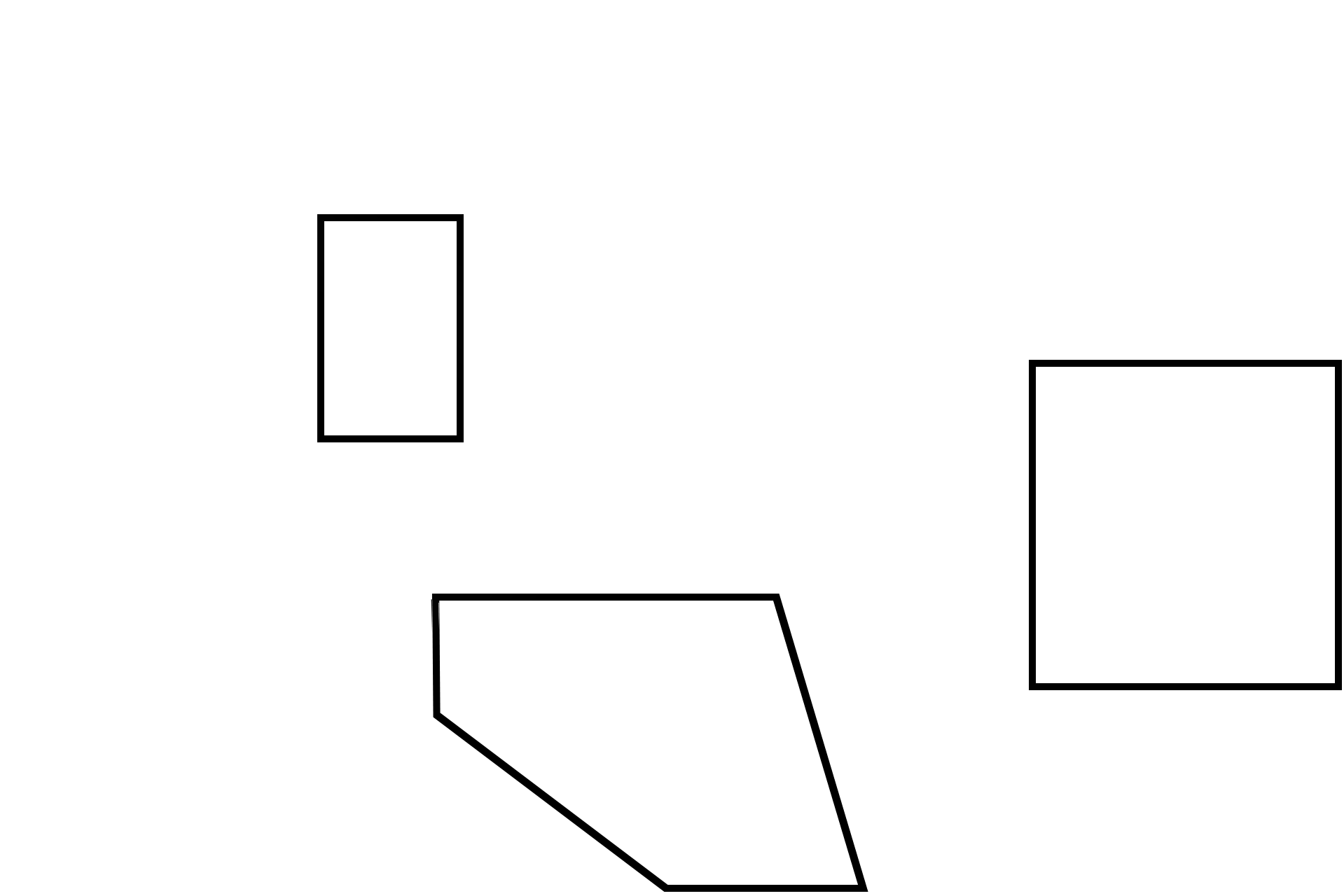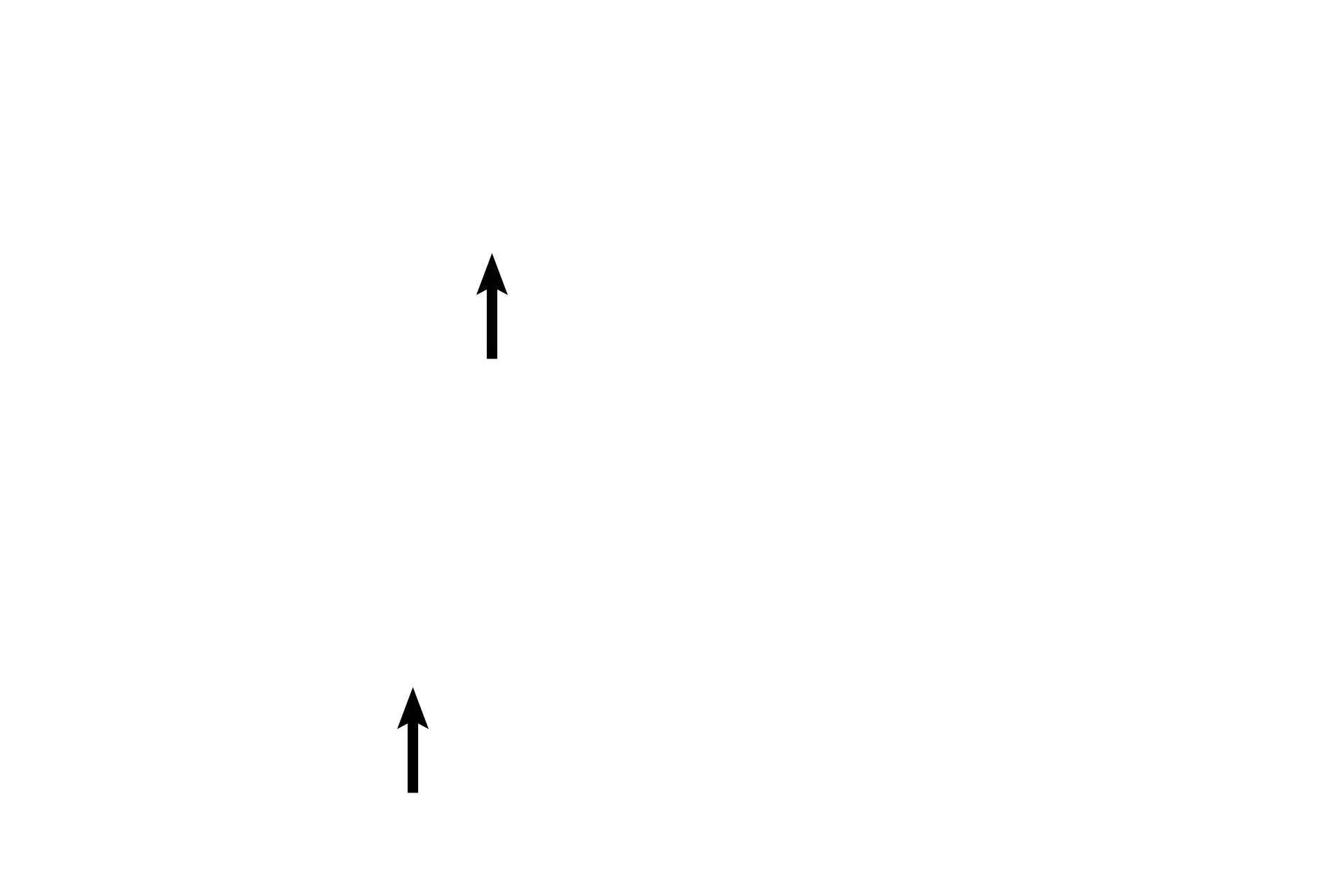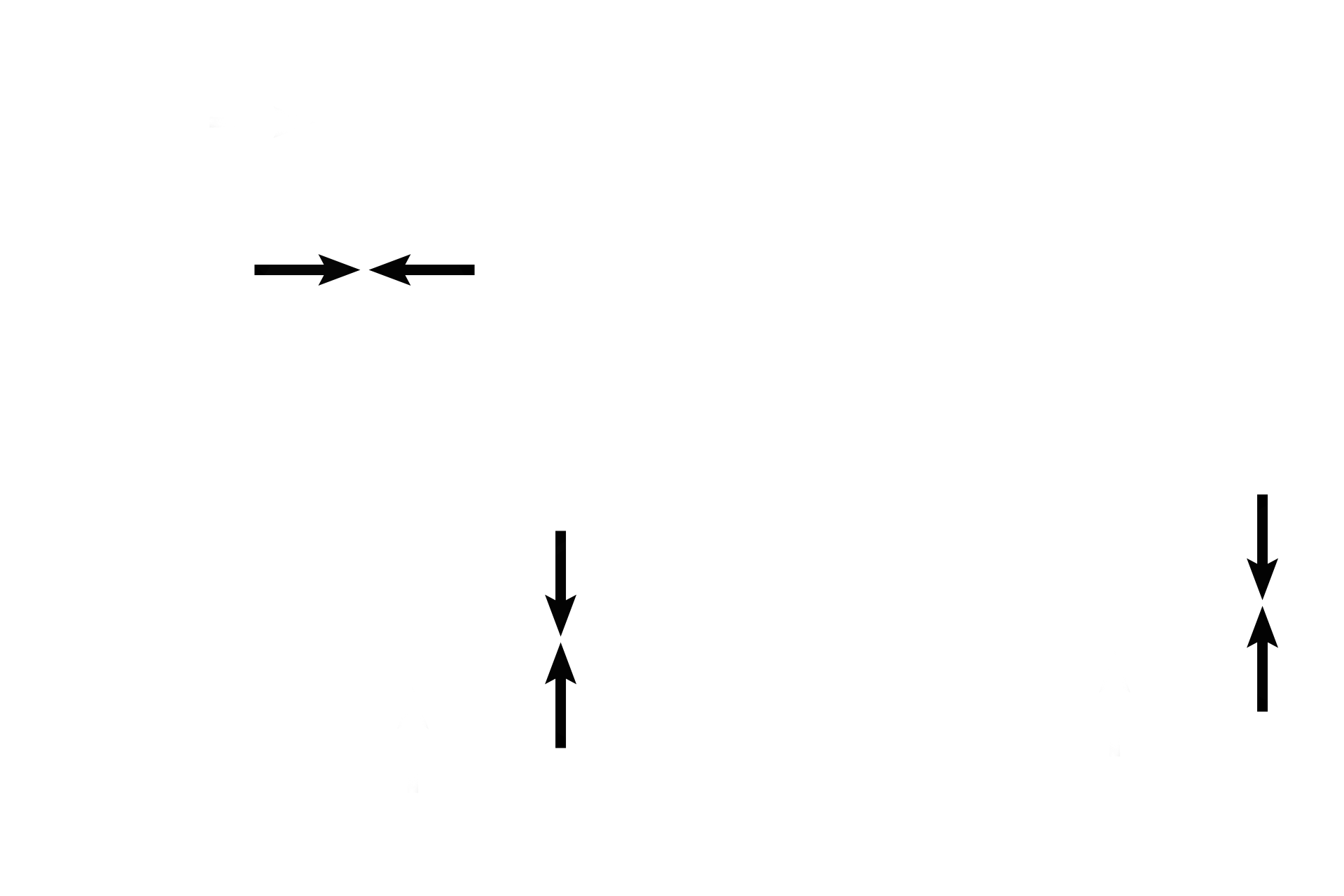
Alveolus
The interalveolar septum is lined by a simple squamous epithelium and by septal cells. The frothy cytoplasm of septal cells reflects their production of surfactant. Septal cells are more numerous than type I cells, although they do not cover nearly as much surface area as type I cells. Septal cells divide to replenish both their own cell line and type I cells. 1000x

Alveolar duct
The interalveolar septum is lined by a simple squamous epithelium and by septal cells. The frothy cytoplasm of septal cells reflects their production of surfactant. Septal cells are more numerous than type I cells, although they do not cover nearly as much surface area as type I cells. Septal cells divide to replenish both their own cell line and type I cells. 1000x

Alveoli
The interalveolar septum is lined by a simple squamous epithelium and by septal cells. The frothy cytoplasm of septal cells reflects their production of surfactant. Septal cells are more numerous than type I cells, although they do not cover nearly as much surface area as type I cells. Septal cells divide to replenish both their own cell line and type I cells. 1000x

Interalveolar septa
The interalveolar septum is lined by a simple squamous epithelium and by septal cells. The frothy cytoplasm of septal cells reflects their production of surfactant. Septal cells are more numerous than type I cells, although they do not cover nearly as much surface area as type I cells. Septal cells divide to replenish both their own cell line and type I cells. 1000x

- Type I cell
The interalveolar septum is lined by a simple squamous epithelium and by septal cells. The frothy cytoplasm of septal cells reflects their production of surfactant. Septal cells are more numerous than type I cells, although they do not cover nearly as much surface area as type I cells. Septal cells divide to replenish both their own cell line and type I cells. 1000x

- Type II cells
The interalveolar septum is lined by a simple squamous epithelium and by septal cells. The frothy cytoplasm of septal cells reflects their production of surfactant. Septal cells are more numerous than type I cells, although they do not cover nearly as much surface area as type I cells. Septal cells divide to replenish both their own cell line and type I cells. 1000x

Air-blood barrier >
The air-blood barrier separates an alveolar space from a capillary lumen; it is the membrane through which oxygen and carbon dioxide must be transported. This barrier is formed by two layers of simple squamous epithelium, one lining the alveolus and the other lining the capillary, and their fused basal laminae.